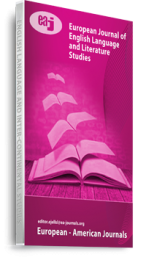Language is particularly significant in law because it is through it that law finds expression. From formulation to interpretation and enforcement, law exclusively depends on language. Legal contract is notorious for formalities and unchanging nature, especially with the use of archaic words and formulaic expressions is an important genre of legal English. Although the formalities afford lawyers opportunity to achieve “precision”, they constitute a serious challenge for the layman. This study examined the frequency, structure, and meaning of archaisms to argue that the elements are operational tools in legal contracts. The data for the study were derived from ten purposively sampled legal contracts (scanned and converted to electronic-version) of about 7116 words of the Akure Judicial Division of Ondo State Nigeria. With corpus linguistics methodologies, using register analysis within the purview of Systemic Functional Grammar, the study adopted the content analysis methodology to identify archaisms in the legal contracts, and to quantitatively and qualitatively analysis the data. The study found 20 archaisms of 4 categories occurring 187 times (2.6%) of the total number of words to justify the claim that archaisms, which are no more found in general English usage, are still very much in use in legal documents, especially contracts. This study concluded that archaisms which according to lawyers, are used to lend a touch of formality and precision to legal language, should give way to modern words which can serve both lawyers’ and non-lawyers’ needs.
Keywords: Archaisms, Content analysis, Corpus Linguistics, Language, Legal Contract, Register Analysis

